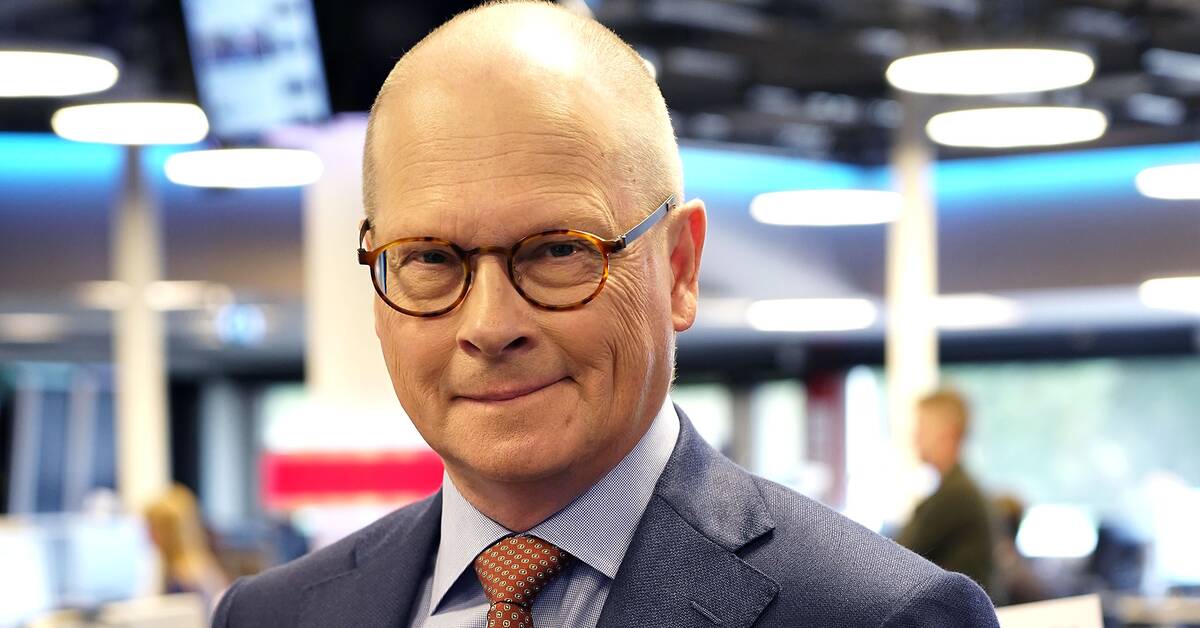Recently, there are mainly two issue areas that have dominated the Swedish public debate.
One is linked to the war in Ukraine and the security policy debate that has gained momentum in Sweden.
The second concerns integration policy and has gained new relevance after the riots during the Easter weekend.
These two issues probably affect public opinion the most right now and also the confidence of different party leaders.
Prime Minister Magdalena Andersson (S) ends up, not unexpectedly, at the top of Novus' latest confidence barometer.
Of those surveyed, 57 percent state that they trust her.
That is a high number for a Swedish prime minister.
An important explanation for the strong support is the government's handling of the security policy crisis.
The upswing for Magdalena Andersson took place above all earlier this spring and now this upswing seems to have stopped.
Increased confidence in the right-wing opposition
Instead, confidence in right-wing opposition parties is growing.
All four party leaders show statistically significant increases in confidence, which is mainly due to the integration debate that gained momentum after the riots during the Easter weekend.
Ulf Kristersson's (M) increase (+5) probably has several bottoms.
He has emerged as an important party in the discussion on Swedish security policy and Sweden's path choice in the NATO issue.
Two appearances with the Prime Minister have emphasized this in the eyes of voters.
At the same time, Kristersson may have benefited from the debate surrounding the Easter riots.
But most increase confidence in Ebba Busch (KD) (+7). One explanation is probably her noted statements after the riots.
No other Swedish politician went so far in harsh judgments as Ebba Busch.
"Why do we not have 100 injured Islamists, 100 injured criminals, 100 injured insurgents," she said in Ekot's Saturday interview on April 23.
The statements triggered a wave of criticism and received extensive media attention.
This is probably also one of the purposes of the harsh language.
When it later emerged that Ekot had translated the word "Islamist" into "Muslim" in Arabic broadcasts, the debate gained new momentum.
Busch's position strengthened among right-wing voters
All of this has obviously benefited Ebba Busch.
Based on Novus' confidence barometer, Mandra can conclude that she has strengthened her position among right-wing voters. The survey shows that not only KD voters but also M and SD voters have a very high level of trust in her.
In the long run, this can benefit KD.
Through a more confrontational tone, Ebba Busch hopes to be able to attract voters from above all M and SD. However, attracting voters across the bloc border is a completely different matter.
There, confidence in her remained low.
The strategy can thus improve on the KD's election results, but does not seem to mean much to the struggle for government power.
For that, voter transitions over the block block are required.
SD leader Jimmie Åkesson also increases in confidence and ends up shortly after Ebba Busch in this survey.
For the Liberals' new party leader Johan Pehrson, the Novus survey is something of a relief.
He is admittedly still in the bottom tier, but can rejoice in the significant rise (+4) and thus has the Green Party's both mouthpieces behind him.
Confidence in other party leaders shows statistically significant changes.

